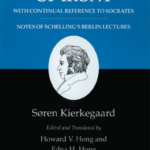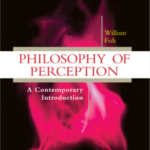
The Concept of Irony
The concept of irony is intricately explored in the works of Søren Kierkegaard, a Danish philosopher known for his profound insights into the human experience. Irony, for Kierkegaard, is not merely a rhetorical tool but a significant element of philosophical thought. He distinguishes between different forms of irony, particularly focusing on the Socratic method of irony, which he sees as a means of self-reflection and critical inquiry. Kierkegaard argues that irony reveals the contradictions within life and challenges individuals to confront their own beliefs and values.
In his writings, Kierkegaard suggests that irony can serve as a vehicle for authentic self-discovery. It encourages individuals to question societal norms and to engage in a deeper examination of their existence. By embracing irony, one can achieve a state of existential authenticity, where they acknowledge the complexities of life without falling into despair.
Kierkegaards exploration of irony is particularly relevant for those seeking to understand the nuances of human consciousness and the role of paradox in shaping our understanding of the world. For readers interested in delving deeper into this intricate concept, a PDF version of Kierkegaards works discussing irony is often sought after for free download, providing access to his profound philosophical insights.



